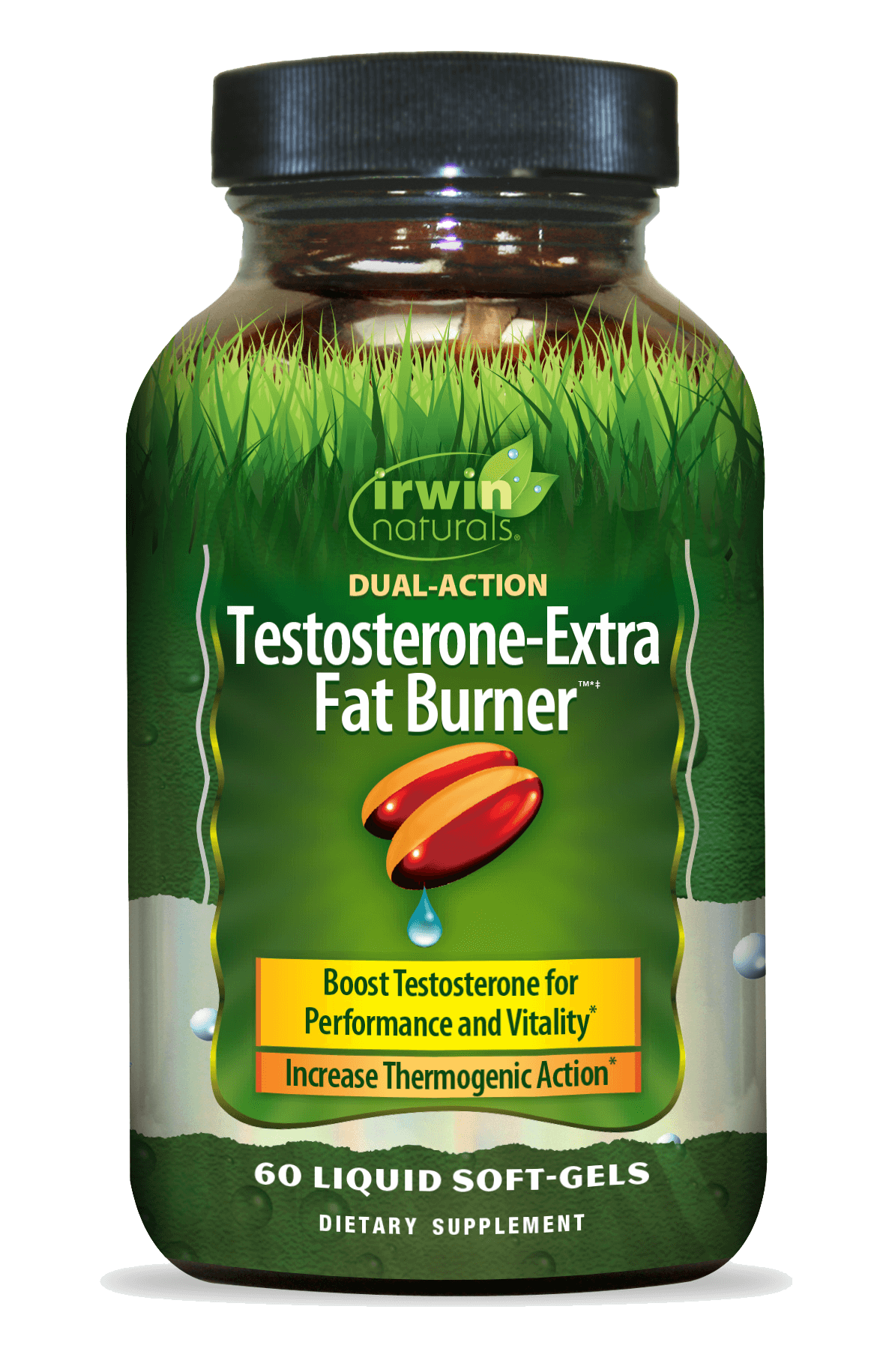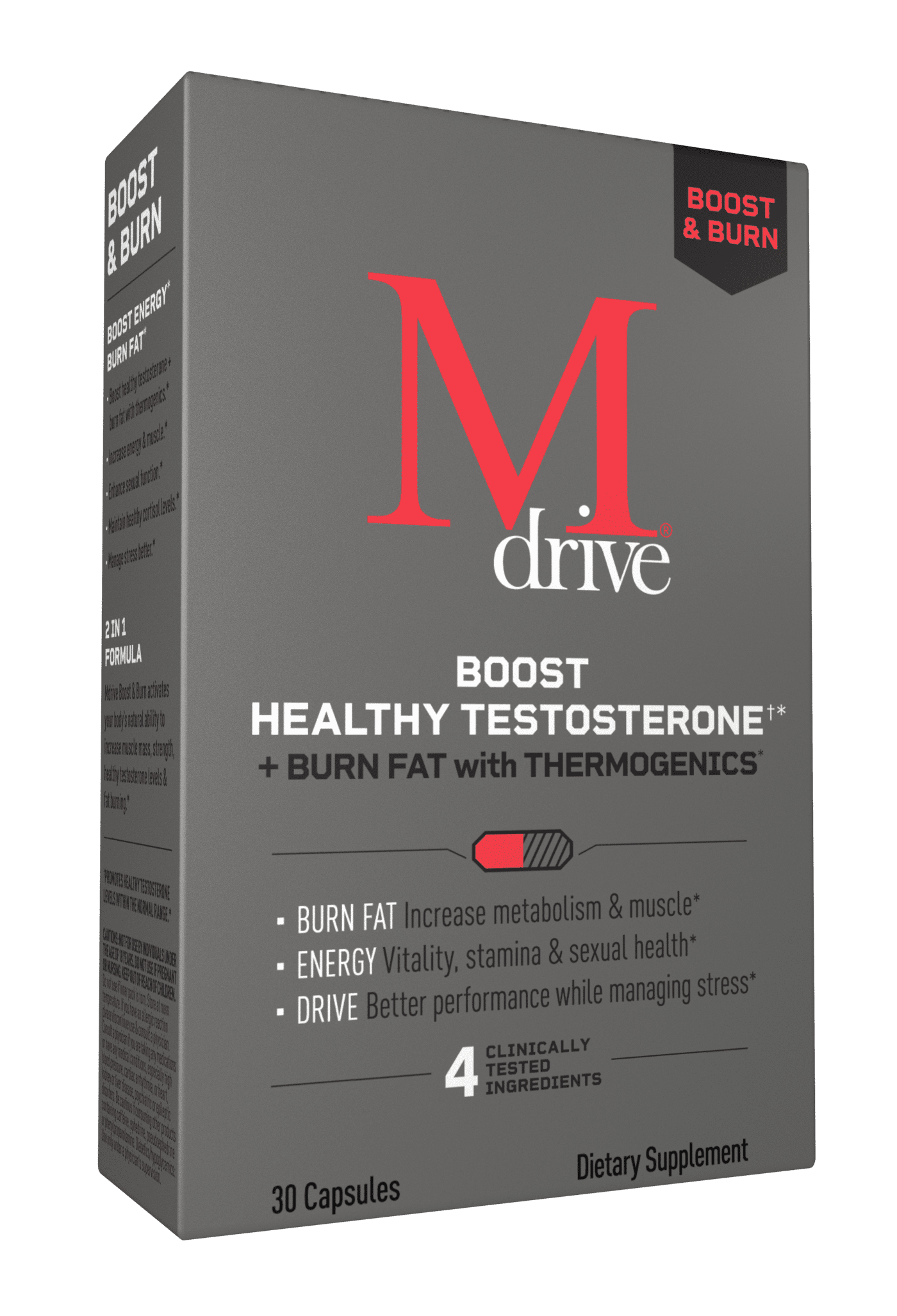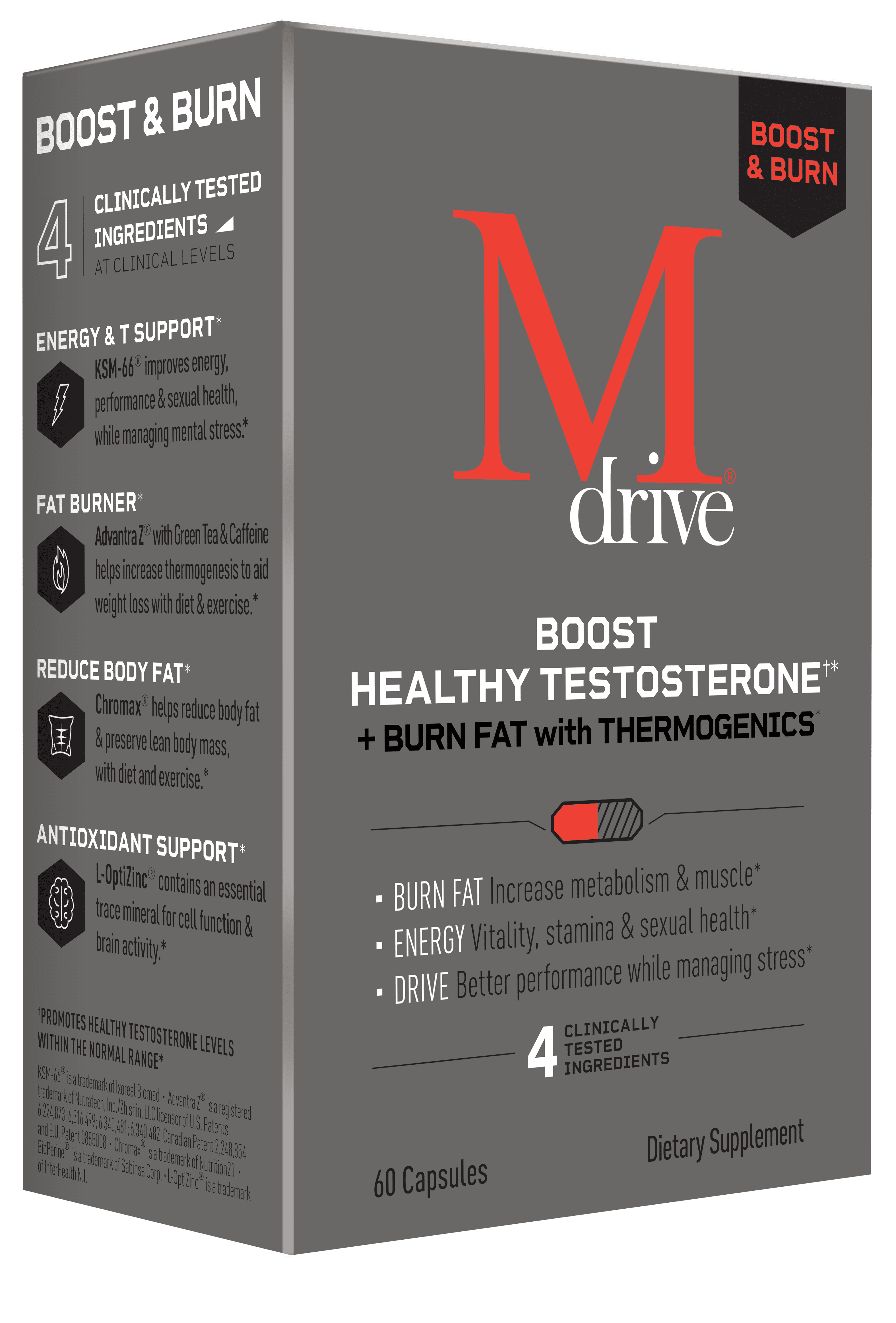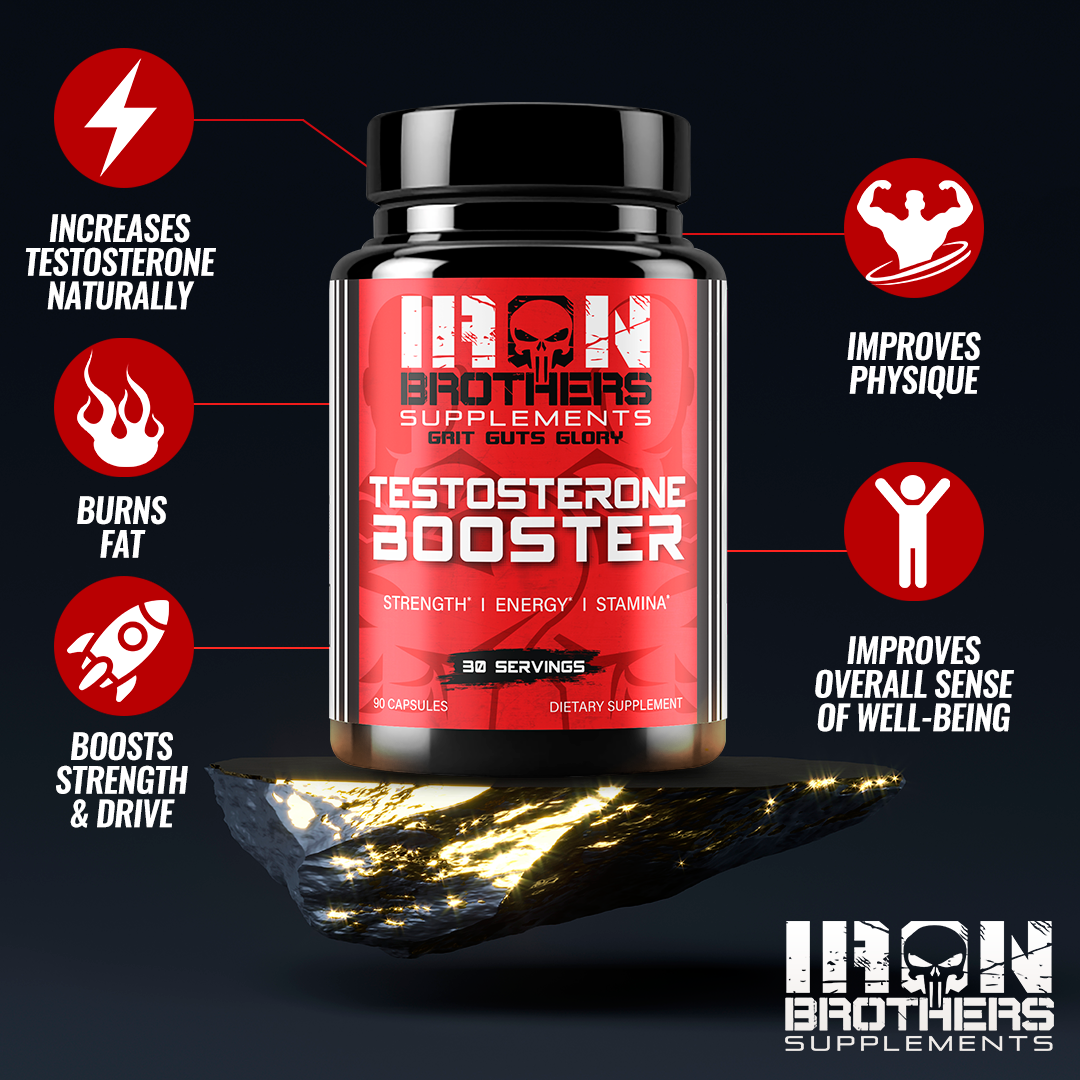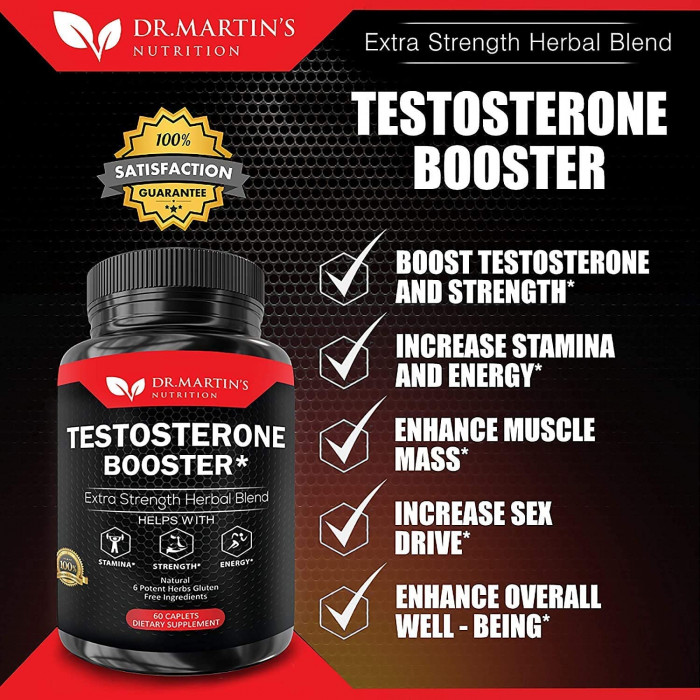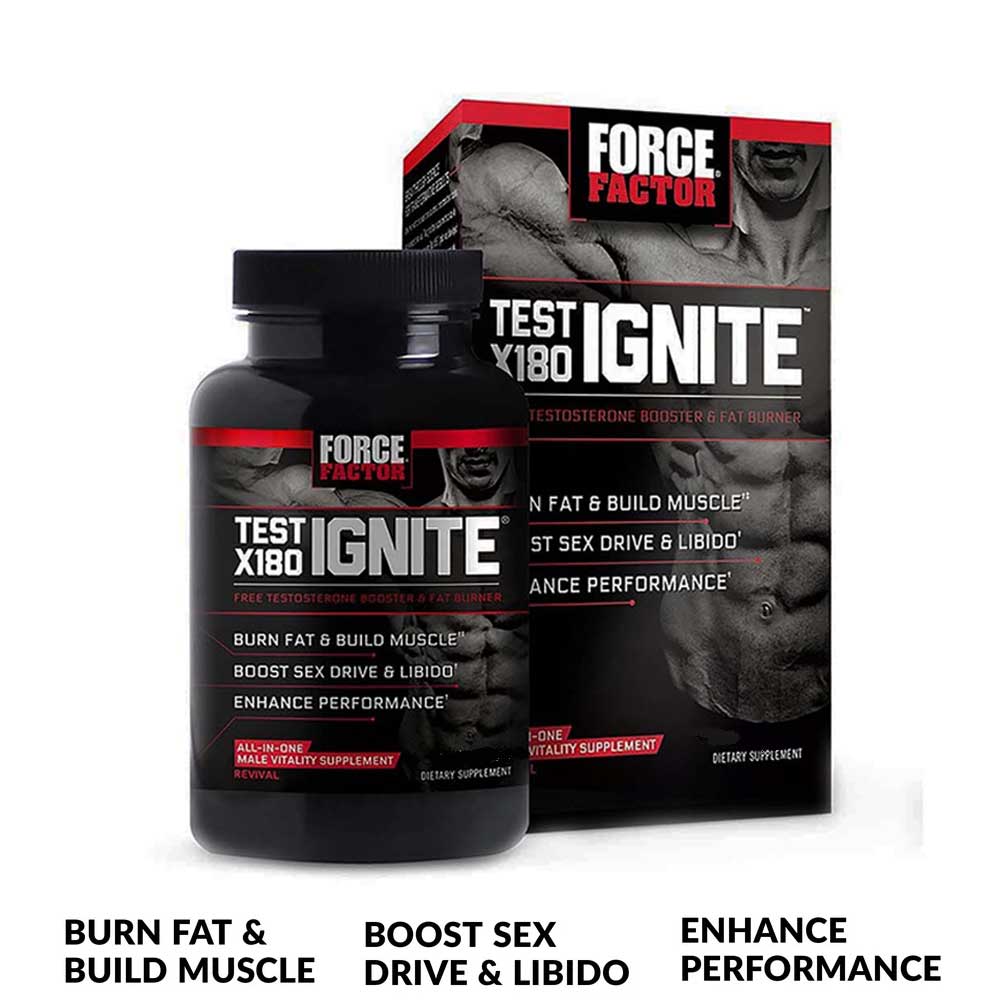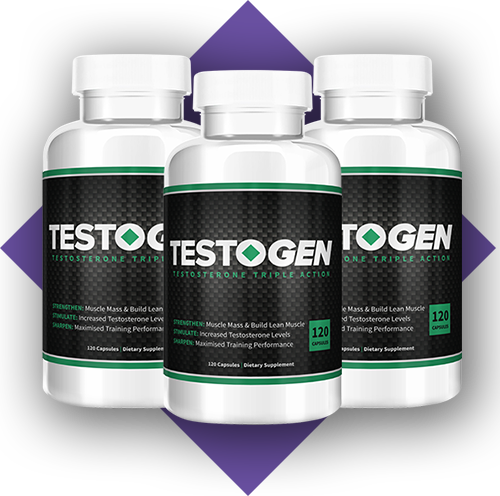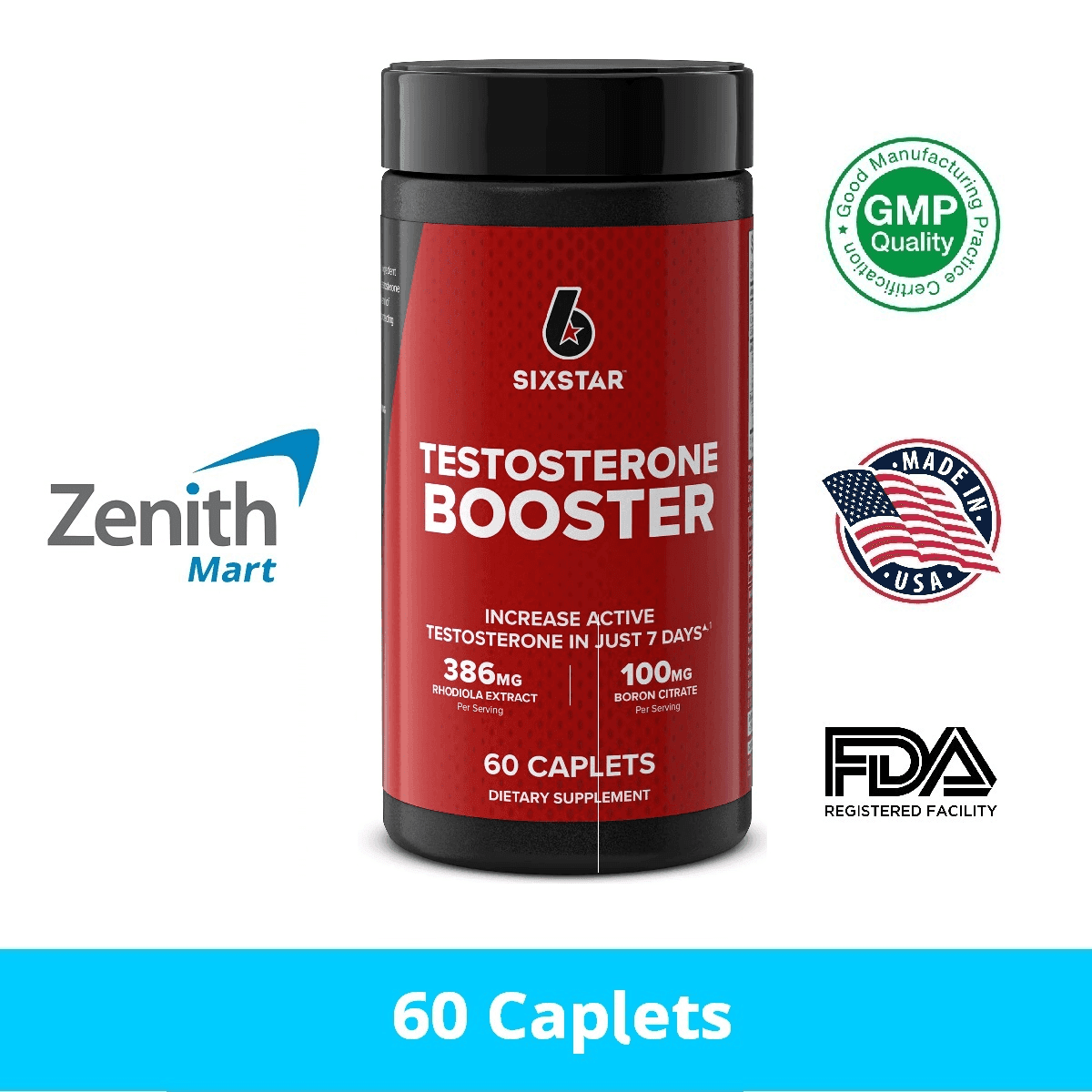Testosterone Booster And Fat Burner Together
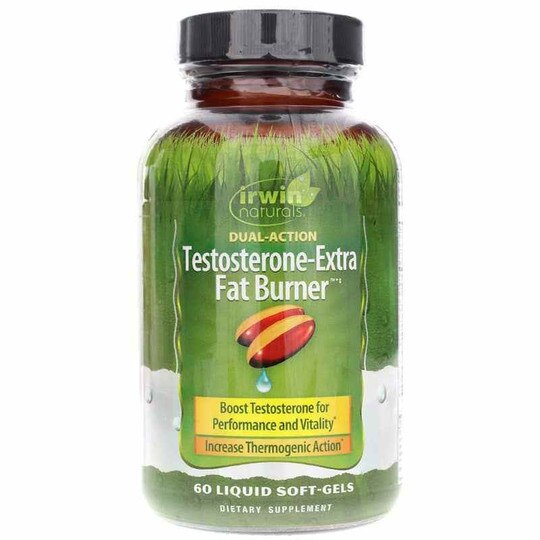
The convergence of fitness goals – building lean muscle and shedding unwanted fat – has fueled a surge in the popularity of supplements claiming to achieve both simultaneously. These “testosterone booster and fat burner” combination products are aggressively marketed, promising a shortcut to a sculpted physique. However, the scientific validity and potential health risks associated with these dual-action supplements are raising concerns among medical professionals and regulatory bodies.
This article delves into the science behind these supplements, examining the evidence (or lack thereof) supporting their efficacy and exploring the potential dangers they may pose. We'll analyze the ingredients commonly found in these products, scrutinize the claims made by manufacturers, and consult with experts to provide a comprehensive overview of this controversial trend in the fitness industry.
The Appeal of the "Two-in-One" Solution
The allure of combining testosterone boosting and fat burning into a single supplement is understandable. It simplifies the supplement regimen and appeals to individuals seeking efficient results. Marketing campaigns often portray these products as a convenient alternative to traditional methods like diet and exercise.
The promise of amplified muscle growth and accelerated fat loss resonates with those striving for a more athletic or aesthetically pleasing body. However, this convenience comes at a cost: often, the scientific backing is weak, and the ingredients are poorly regulated.
Understanding the Components
Many testosterone boosters and fat burners contain a blend of ingredients, each claiming to contribute to muscle growth, energy expenditure, or appetite suppression. Some common ingredients include D-Aspartic Acid (DAA), Tribulus Terrestris, Fenugreek extract, caffeine, green tea extract, and various herbal extracts.
D-Aspartic Acid (DAA) is an amino acid that plays a role in hormone regulation. Some studies suggest it may temporarily increase testosterone levels in men with low testosterone, but the effects are often small and short-lived. Tribulus Terrestris, a plant extract, is often touted for its testosterone-boosting properties, yet scientific evidence supporting this claim is limited, especially in healthy individuals.
Caffeine and green tea extract are common stimulants found in fat burners. They can increase energy expenditure and promote fat oxidation, but the effects are modest. High doses of caffeine can lead to anxiety, insomnia, and heart palpitations. Other herbal extracts, often included without rigorous testing, may interact negatively with prescription medications or cause unforeseen side effects.
The Science (or Lack Thereof) Behind the Claims
The primary concern surrounding these combination supplements lies in the lack of robust scientific evidence supporting their combined efficacy. While individual ingredients might have some research behind them, studies evaluating the synergistic effects of these ingredients when combined are often lacking or poorly designed. Many studies are also funded by the supplement companies themselves, raising concerns about bias.
Furthermore, the dosages of individual ingredients in these supplements are often lower than those used in clinical trials, raising questions about their effectiveness. The claims made by manufacturers often far exceed the actual benefits observed in controlled studies.
Potential Health Risks
The unregulated nature of the supplement industry poses significant health risks.
"Supplements are not subject to the same rigorous testing and approval processes as prescription drugs,"warns Dr. Emily Carter, an endocrinologist at the University of California, San Francisco. This lack of oversight means that the purity, potency, and safety of these products can vary widely.
Some testosterone boosters may contain prohormones or anabolic steroids, which can have serious side effects, including liver damage, cardiovascular problems, and hormonal imbalances. Fat burners containing stimulants like caffeine can also cause anxiety, insomnia, and increased heart rate. Combining these ingredients can exacerbate these risks.
Additionally, individuals with pre-existing medical conditions, such as heart disease, diabetes, or liver problems, should exercise extreme caution when considering these supplements. Interactions with prescription medications are also a significant concern.
Expert Opinions and Regulatory Scrutiny
Medical professionals generally advise against using testosterone booster and fat burner combination supplements due to the lack of evidence and potential risks. "There is little to no scientific evidence to support the use of these products," says Dr. David Miller, a sports medicine physician at the Mayo Clinic. He emphasizes the importance of a balanced diet, regular exercise, and consulting with a healthcare professional before taking any supplements.
Regulatory bodies, such as the Food and Drug Administration (FDA), have taken action against some companies for making false or misleading claims about their supplements. However, enforcement is often limited, and many products continue to be marketed aggressively despite lacking scientific support. The FDA primarily regulates dietary supplements after they reach the market, rather than requiring pre-market approval.
This reactive approach leaves consumers vulnerable to potentially harmful products. Consumers must be vigilant and conduct thorough research before using any supplement.
The Bottom Line
While the appeal of achieving simultaneous muscle growth and fat loss with a single supplement is undeniable, the reality is often far from the marketing hype. The scientific evidence supporting the efficacy of testosterone booster and fat burner combination products is weak, and the potential health risks are significant.
A sustainable approach to fitness involves a balanced diet, regular exercise, and consulting with a healthcare professional. These strategies are proven effective and pose minimal risk. Relying on shortcuts offered by unregulated supplements can be detrimental to your health in the long run.
Moving forward, increased regulatory scrutiny, improved scientific research, and greater consumer awareness are crucial to protect individuals from the potential dangers of these combination supplements. Individuals should prioritize evidence-based strategies for achieving their fitness goals and consult with healthcare professionals before considering any supplement.


